特惠-26考研冲刺
特惠-27考研课
双证-在职硕士
免联考-同等学力
复试分数线
26复试全面指导
模拟复试面试
26考研-全套真题
26考研估分
保研-路线图
27考研-智能择校
27考研-英语测评
27考研-新大纲对比
热门-计算机择校
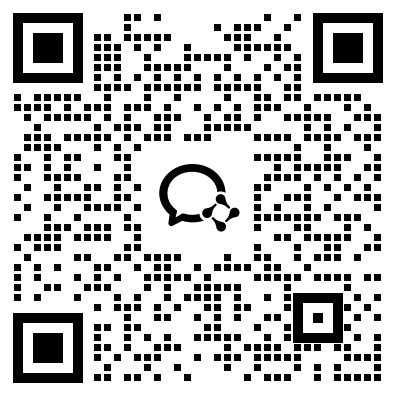
扫码加入训练营
牢记核心词
学习得礼盒
Part B
Directions:
In the following text, some sentences have been removed. For Questions 41-45, choose the most suitable one from the fist A-G to fit into each of the numbered blanks. Mark your answers on ANSWER SHEET. (10 points)
How does your reading proceed? Clearly you try to comprehend, in the sense of identifying meanings for individual words and working out relationships between them, drawing on your explicit knowledge of English grammar (41) ______you begin to infer a context for the text, for instance, by making decisions about what kind of speech event is involved: who is making the utterance, to whom, when and where.
The ways of reading indicated here are without doubt kinds of of comprehension. But they show comprehension to consist not just passive assimilation but of active engagement inference and problem-solving. You infer information you feel the writer has invited you to grasp by presenting you with specific evidence and cues (42) _______
Conceived in this way, comprehension will not follow exactly the same track for each reader. What is in question is not the retrieval of an absolute, fixed or “true” meaning that can be read off and clocked for accuracy, or some timeless relation of the text to the world. (43) _______
Such background material inevitably reflects who we are, (44) _______This doesn’t, however, make interpretation merely relative or even pointless. Precisely because readers from different historical periods, places and social experiences produce different but overlapping readings of the same words on the page-including for texts that engage with fundamental human concerns-debates about texts can play an important role in social discussion of beliefs and values.
How we read a given text also depends to some extent on our particular interest in reading it. (45)_______such dimensions of read suggest-as others introduced later in the book will also do-that we bring an implicit (often unacknowledged) agenda to any act of reading. It doesn’t then necessarily follow that one kind of reading is fuller, more advanced or more worthwhile than another. Ideally, different kinds of reading inform each other, and act as useful reference points for and counterbalances to one another. Together, they make up the reading component of your overall literacy or relationship to your surrounding textual environment.
[A] Are we studying that text and trying to respond in a way that fulfils the requirement of a given course? Reading it simply for pleasure? Skimming it for information? Ways of reading on a train or in bed are likely to differ considerably from reading in a seminar room.
[B] Factors such as the place and period in which we are reading, our gender ethnicity, age and social class will encourage us towards certain interpretation but at the same time obscure or even close off others.
[C]If you are unfamiliar with words or idioms, you guess at their meaning, using clues presented in the context. On the assumption that they will become relevant later, you make a mental note of discourse entities as well as possible links between them.
[D]In effect, you try to reconstruct the likely meanings or effects that any given sentence, image or reference might have had: These might be the ones the author intended.
[E] You make further inferences, for instance, about how the text may be significant to you, or about its validity-inferences that from the basis of a personal response for which the author will inevitably be far less responsible.
[F]In plays, novels and narrative poems, characters speak as constructs created by the author, not necessarily as mouthpieces for the author’s own thoughts.
[G] Rather, we ascribe meanings to text on the basis of interaction between what we might call textual and contextual material: between kinds of organization or patterning we perceive in a text’s formal structures (so especially its language structures) and various kinds of background, social knowledge, belief and attitude that we bring to the text.
成功是咫尺还是天涯,看你能够坚守到最后,也看你能够把握先机,早点出手。全面深度的2015考研真题、答案及解析请看【2015考研真题解析专题】,新东方在线和大家一起在考后再接再厉,迈向下一个目标!【进入】
【英语一真题】资料这里有↑↑↑
本文关键字: 2015考研英语一真题 2015考研英语一答案
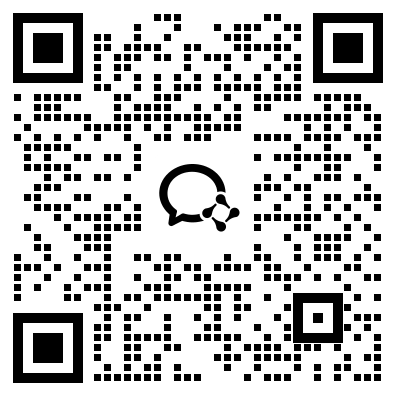
 资料下载
资料下载
2014年-2025年考研历年真题汇总
发布时间:2024-04-25扫码添加【考研班主任】
即可领取资料包
考研大纲PDF电子版下载-历年(附解析)
发布时间:2024-04-25扫码添加【考研班主任】
即可领取资料包
2026年考研政数英备考资料zip压缩包
发布时间:2024-04-25扫码添加【考研班主任】
即可领取资料包
考研英语大纲词汇5500打印版(基础必备)
发布时间:2024-04-25扫码添加【考研班主任】
即可领取资料包
新东方在线考试模拟题【12套】
发布时间:2024-04-25扫码添加【考研班主任】
即可领取资料包
2026年考研专业课知识点总结
发布时间:2024-04-25扫码添加【考研班主任】
即可领取资料包
新东方考研资料下载地址
发布时间:2023-05-17新东方在线考研资料合集
下载方式:微信扫码,获取网盘链接

目录:
1.2013-2023年近10年政数英真题及解析PDF版(新东方)
2.2013-2023年专业课考试历年真题及解析PDF版
3.24考研复习备考资料大合集:大纲+备考资料+词汇书+考前押题+自命题
资料介绍:
1.2013-2023年近10年政数英真题及解析PDF版(新东方)
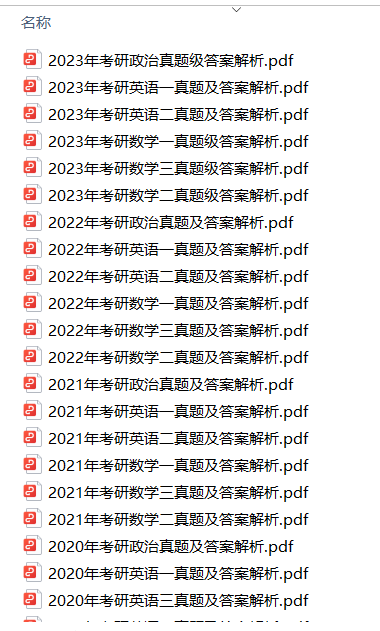 、
、
2.2013-2023年专业课考试历年真题及解析PDF版

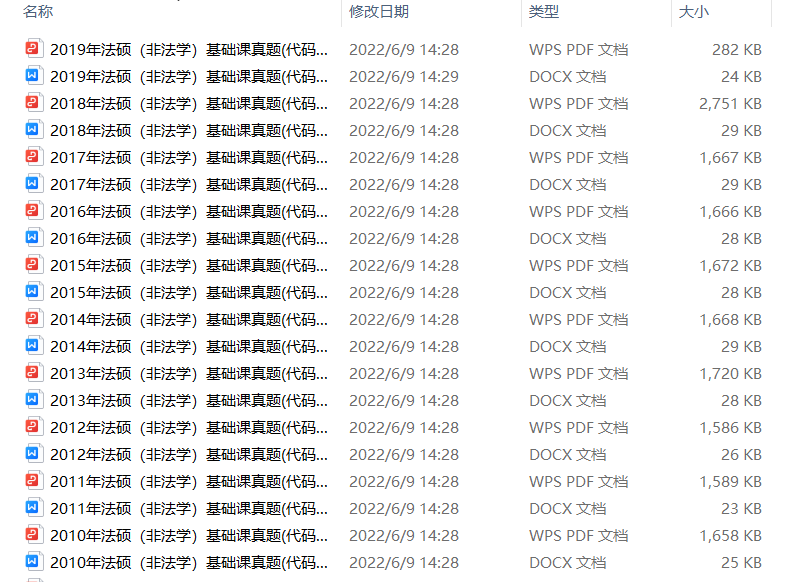
3.24考研复习备考资料大合集
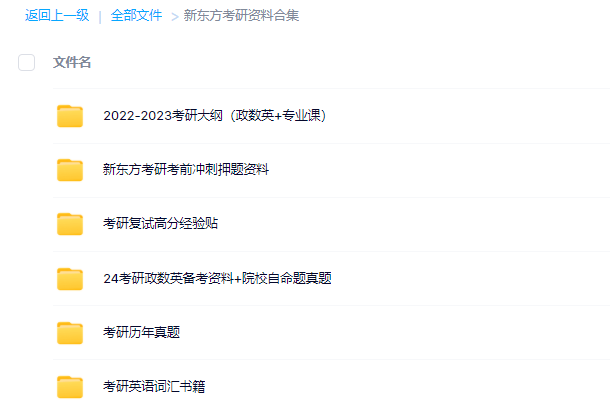
3.24考研复习备考资料:考研大纲
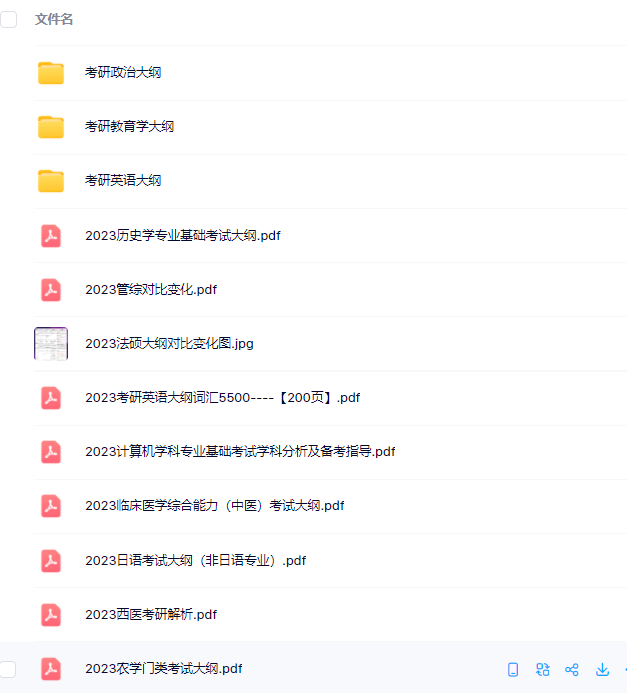
3.24考研复习备考资料:政数英备考资料+自命题真题
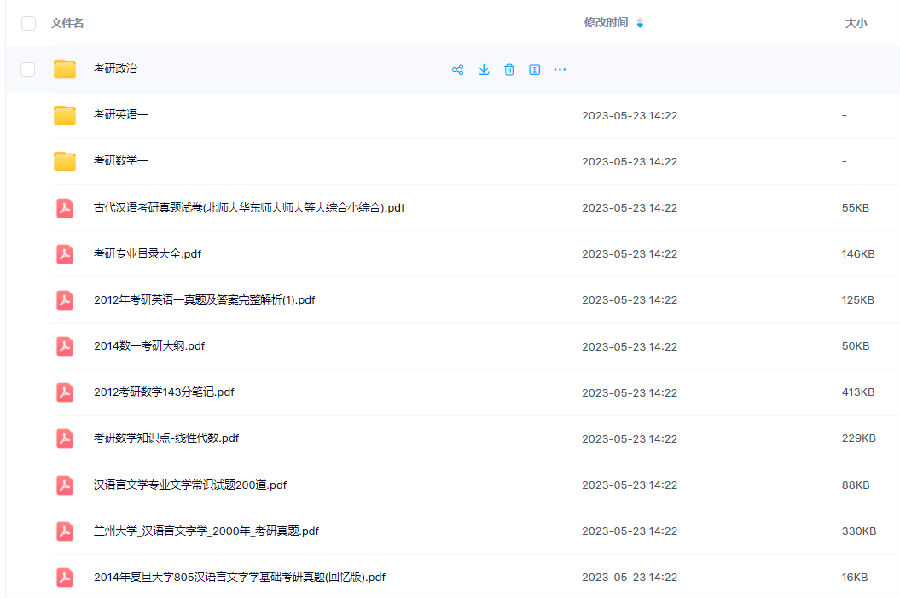
------------------
考研备考过程中,尤其是专业课部分,参考往年的考试真题,对于我们的复习有更好的帮助。北京大学考研真题资料都有哪些?小编为大家进行了汇总。
北京大学考研真题资料-公共课
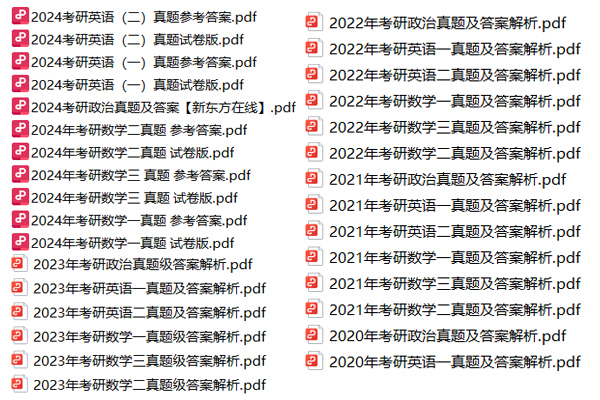
北京大学考研真题资料-专业课


以上就是关于“北京大学考研真题资料下载(历年汇总)”的整理,更多考研资料下载,请关注微信获取下载地址。
2024考研公共课必背知识点汇总
发布时间:2023-01-03扫码添加【考研班主任】
即可领取资料包
2013-2023考研历年真题汇总
发布时间:2023-01-03扫码添加【考研班主任】
即可领取资料包
考研英语大纲词汇(PDF可打印)
发布时间:2023-01-03扫码添加【考研班主任】
即可领取资料包
2024考研专业课知识点总结
发布时间:2023-01-03扫码添加【考研班主任】
即可领取资料包
2023考研政治 内部押题 PDF
发布时间:2022-11-16扫码添加【考研班主任】
即可领取资料包
徐涛:23考研预测六套卷
发布时间:2022-11-16扫码添加【考研班主任】
即可领取资料包
考研政数英冲刺资料最新整理
发布时间:2022-11-16扫码添加【考研班主任】
即可领取资料包
23考研答题卡模板打印版
发布时间:2022-11-16扫码添加【考研班主任】
即可领取资料包
2023考研大纲词汇5500PDF电子版
发布时间:2022-07-28扫码添加【考研班主任】
即可领取资料包
考研历年真题(公共课+专业课)
发布时间:2022-07-28扫码添加【考研班主任】
即可领取资料包
考研英语阅读100篇附解析及答案
发布时间:2022-01-07扫码添加【考研班主任】
即可领取资料包
新东方考研学霸笔记整理(打印版)
发布时间:2022-01-07扫码添加【考研班主任】
即可领取资料包
2001-2021年考研英语真题答案(可打印版)
发布时间:2022-01-07扫码添加【考研班主任】
即可领取资料包
考研英语词汇5500(完整版下载)
发布时间:2022-01-07扫码添加【考研班主任】
即可领取资料包
2022考研政审表模板精选10套
发布时间:2022-01-07扫码添加【考研班主任】
即可领取资料包
历年考研真题及答案 下载
发布时间:2021-12-09扫码添加【考研班主任】
即可领取资料包
考研政审表模板汇总
发布时间:2020-06-17扫码添加【考研班主任】
即可领取资料包
近5年考研英语真题汇总
发布时间:2020-06-17扫码添加【考研班主任】
即可领取资料包
考研英语大纲词汇5500
发布时间:2020-06-17扫码添加【考研班主任】
即可领取资料包
2022考研12大学科专业排名汇总
发布时间:2019-11-21扫码添加【考研班主任】
即可领取资料包
2023考研政治复习备考资料【珍藏版】
发布时间:2019-11-21扫码添加【考研班主任】
即可领取资料包
考研英语万能模板+必备词汇+范文
发布时间:2019-11-21扫码添加【考研班主任】
即可领取资料包
考研数学一、二、三历年真题整理
发布时间:2019-11-21扫码添加【考研班主任】
即可领取资料包

添加班主任领资料
添加考研班主任
免费领取考研历年真题等复习干货资料

 推荐阅读
推荐阅读
2025年考研初试结束后,新东方在线为大家整理了:2025年考研英语一真题及答案解析(完整版),供大家参考,同时也为大家提供了电子版文
2025年考研初试结束后,新东方在线为大家整理了:2025年考研英语一真题及答案解析(电子版下载),供大家参考,同时也为大家提供了电子
2025年考研初试结束后,新东方在线为大家整理了:2025年考研英语一新题型真题答案,供大家参考,同时也为大家提供了电子版文档直接下载
2025年考研初试结束后,新东方在线为大家整理了:2025年考研英语一完形填空真题答案,供大家参考,同时也为大家提供了电子版文档直接下
2025年考研初试结束后,新东方在线为大家整理了:2025年考研英语一翻译真题答案,供大家参考,同时也为大家提供了电子版文档直接下载,

 资料下载
资料下载
扫码添加【考研班主任】
即可领取资料包
扫码添加【考研班主任】
即可领取资料包
扫码添加【考研班主任】
即可领取资料包
扫码添加【考研班主任】
即可领取资料包
扫码添加【考研班主任】
即可领取资料包
扫码添加【考研班主任】
即可领取资料包
新东方在线考研资料合集
下载方式:微信扫码,获取网盘链接

目录:
1.2013-2023年近10年政数英真题及解析PDF版(新东方)
2.2013-2023年专业课考试历年真题及解析PDF版
3.24考研复习备考资料大合集:大纲+备考资料+词汇书+考前押题+自命题
资料介绍:
1.2013-2023年近10年政数英真题及解析PDF版(新东方)
 、
、
2.2013-2023年专业课考试历年真题及解析PDF版


3.24考研复习备考资料大合集

3.24考研复习备考资料:考研大纲

3.24考研复习备考资料:政数英备考资料+自命题真题

------------------
考研备考过程中,尤其是专业课部分,参考往年的考试真题,对于我们的复习有更好的帮助。北京大学考研真题资料都有哪些?小编为大家进行了汇总。
北京大学考研真题资料-公共课

北京大学考研真题资料-专业课


以上就是关于“北京大学考研真题资料下载(历年汇总)”的整理,更多考研资料下载,请关注微信获取下载地址。
扫码添加【考研班主任】
即可领取资料包
扫码添加【考研班主任】
即可领取资料包
扫码添加【考研班主任】
即可领取资料包
扫码添加【考研班主任】
即可领取资料包
扫码添加【考研班主任】
即可领取资料包
扫码添加【考研班主任】
即可领取资料包
扫码添加【考研班主任】
即可领取资料包
扫码添加【考研班主任】
即可领取资料包
扫码添加【考研班主任】
即可领取资料包
扫码添加【考研班主任】
即可领取资料包
扫码添加【考研班主任】
即可领取资料包
扫码添加【考研班主任】
即可领取资料包
扫码添加【考研班主任】
即可领取资料包
扫码添加【考研班主任】
即可领取资料包
扫码添加【考研班主任】
即可领取资料包
扫码添加【考研班主任】
即可领取资料包
扫码添加【考研班主任】
即可领取资料包
扫码添加【考研班主任】
即可领取资料包
扫码添加【考研班主任】
即可领取资料包
扫码添加【考研班主任】
即可领取资料包
扫码添加【考研班主任】
即可领取资料包
扫码添加【考研班主任】
即可领取资料包
扫码添加【考研班主任】
即可领取资料包

 阅读排行榜
阅读排行榜
 相关内容
相关内容